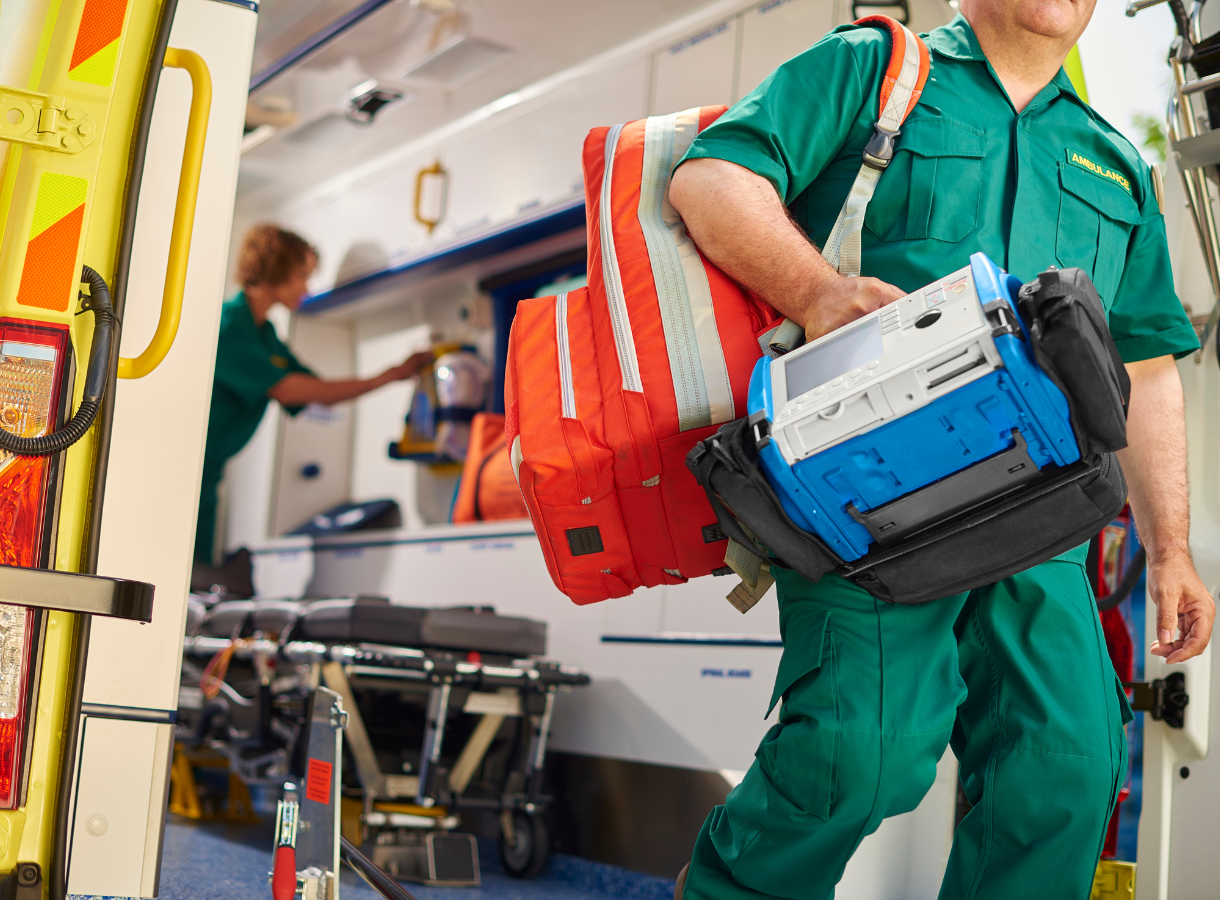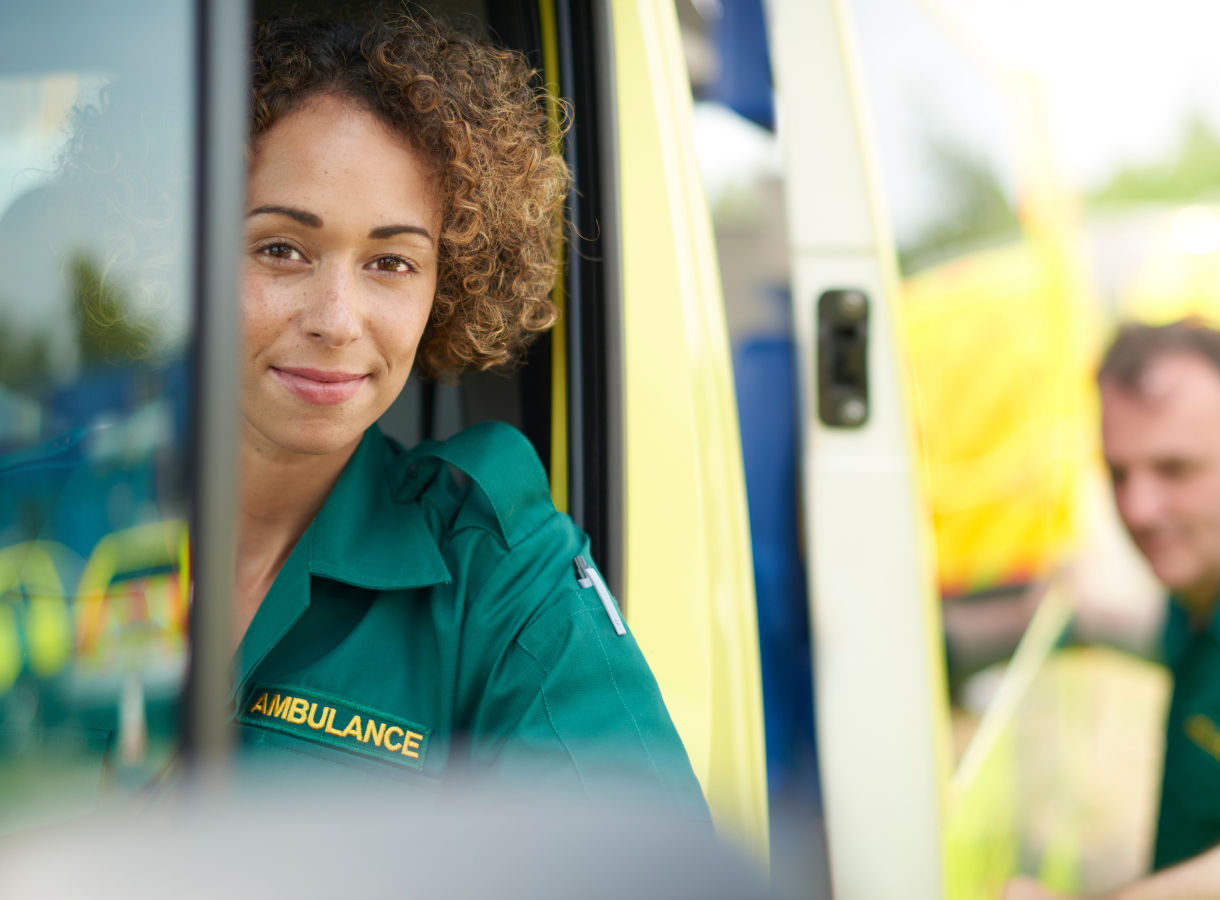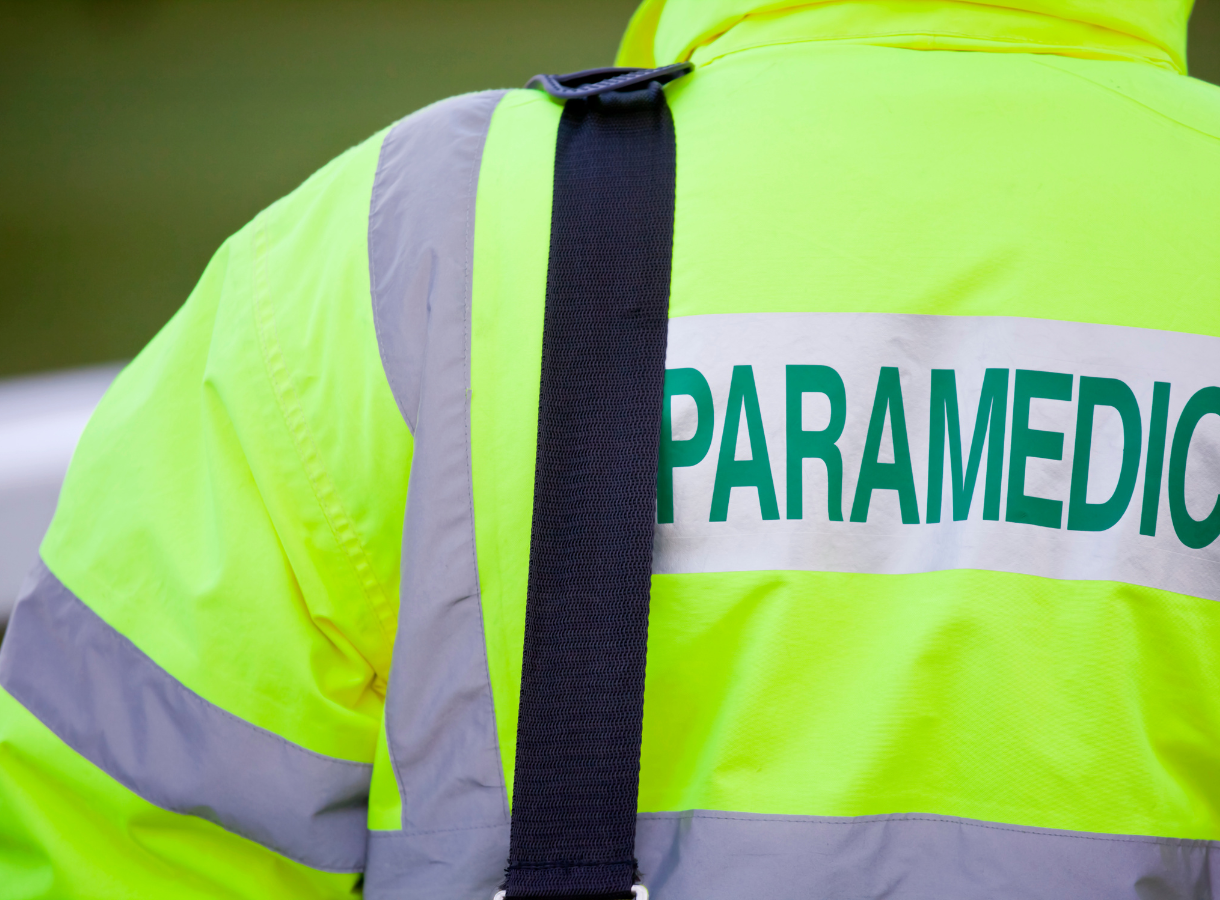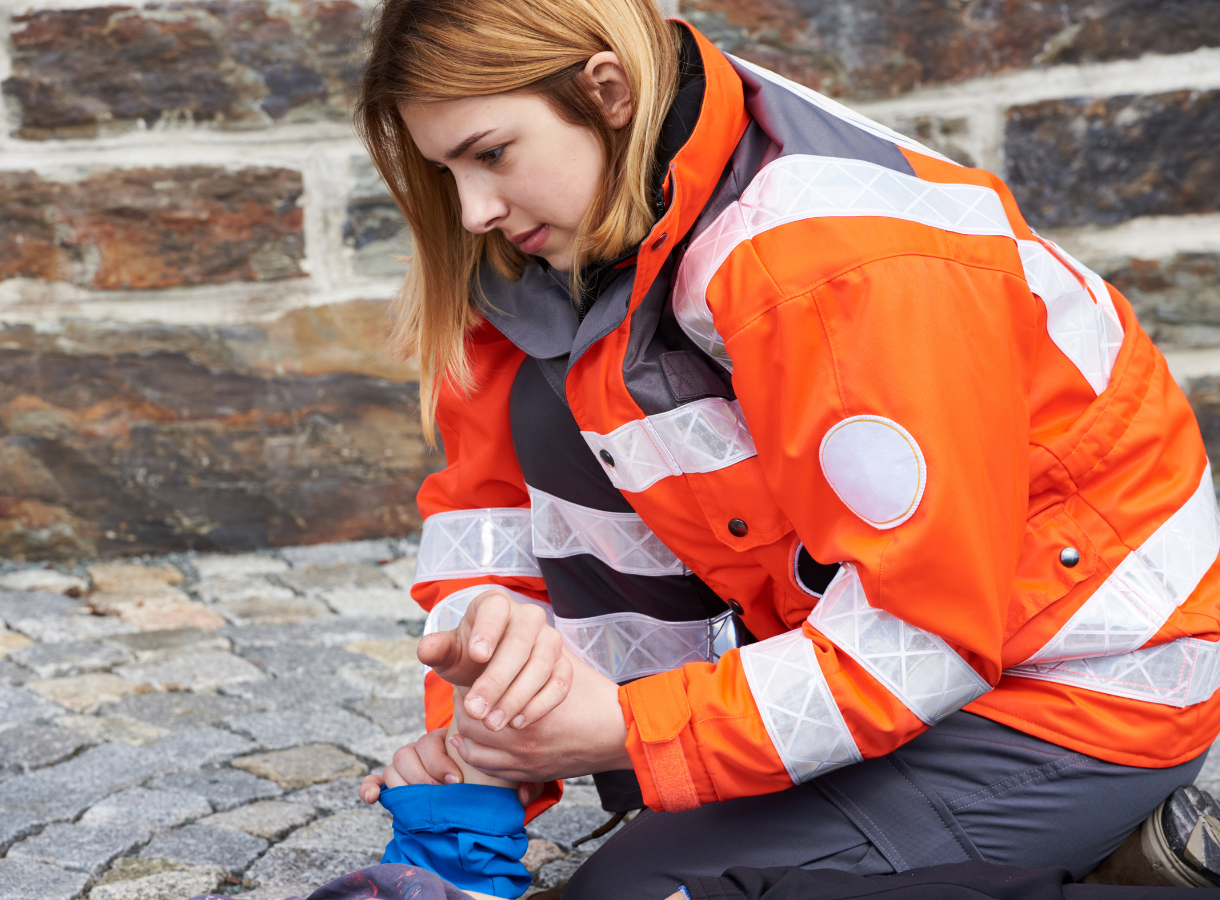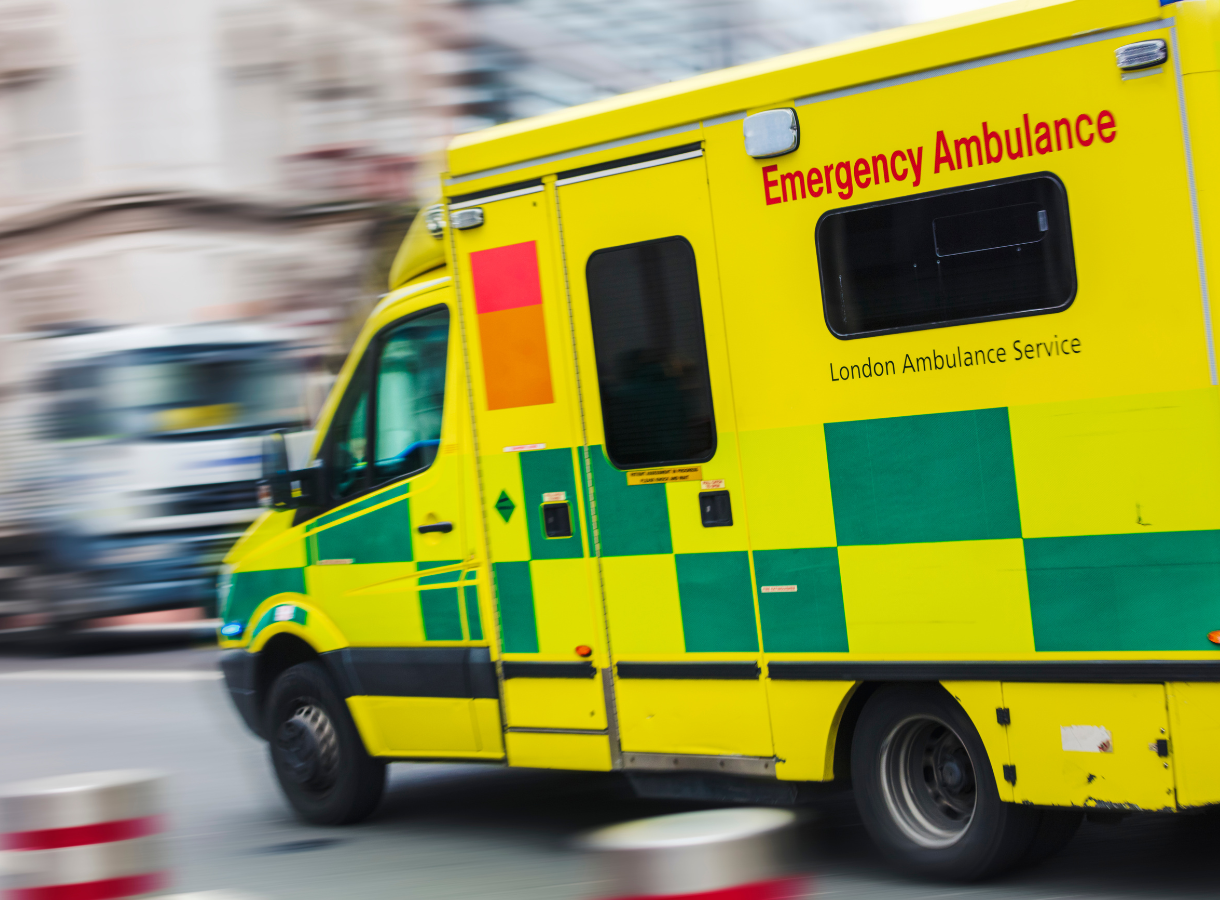Driving skills and navigation
One of the tasks of a paramedic is to drive an ambulance. The need to get to a destination as quickly and as safely as possible is essential, which is why they need to be able to navigate with a GPS or map, or even by following directions.
Physical stamina
When training to become a paramedic, you will need to pass a physical fitness test. This is due to the fact that paramedics need to be physically fit, needing to lift bodies or heavy medical equipment, whilst also needing to perform the likes of CPR uninterrupted.
Mental toughness
There are some scenes that a paramedic can arrive at, which can be very traumatic. It’s important that they look after their mental health and are proactive when it comes to being mentally tough. Being strong mentally can also help paramedics stay calm in tense situations, allowing them to provide the best care possible.
Focus
There can be a lot of distractions for a paramedic when they arrive at the scene, be that family members or a crowd that’s gathered. It is vital that they stay focused on the task at hand to perform the treatment to the best they can and quickly.
Adapt to 24/7 working hours
Being a paramedic isn’t your typical 9-5 job, as you’re required to work around the clock, in different shifts. It can be ideal for those who want the flexibility to choose when they work, but it’s vital that they adapt to working nights, early mornings, weekends, and public holidays. Paramedics are always needed.
